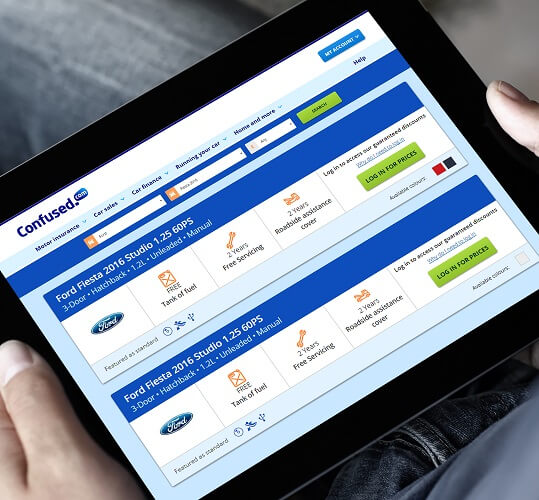
Picking a domain name for your new website is both exciting and terrifying. A bit like picking a name for your first born. What if they get bullied? Is there a potential nickname you haven’t thought of? Do the initials spell out something rude?
Children have at least one advantage over website URLs: you don’t have to worry about search engine optimisation. Unless you have big plans for your offspring and want their name to rank on the first page of Google, in which case you should avoid naming them ‘James Brown’. We hear there’s a lot of competition for this keyword. Same goes for ‘Beyoncé’, ‘John Lewis’ and ‘Donald Trump’.
Back to websites! Here’s how to make sure your domain name is SEO-optimised.
Forget about keywords for a second!
When it comes to your domain name, keywords aren’t everything. This is especially true of exact-match domains (EMD), which use an exact keyword phrase as their URL. So, if you’re a business selling cheap vintage wedding dresses, you might be tempted to create the website www.cheapvintageweddingdresses.co.uk – but that’s not the best idea.
In 2012, Google rolled out an update known as the EMD update, which reduced the number of exact-match domains for a keyword shown in the search results, instead focusing on content quality and backlinks. So while your website might still rank (as long as your content/SEO strategy is bulletproof), you shouldn’t count on your domain name to help with keywords.
However, it is good practice to include the root keyword of your niche in the domain name – but keep it broad enough so that you cover most long-tail keywords and appear in search results.
Make it memorable
We all want our brand to be remembered – and it all starts with a name. While we won’t teach you how to pick a name for your brand (that’s for another blog), we can advise you to apply the same principle to your website URL. Basically, just use your brand name as your domain name.
Make it short, easy to type, and unique. That just means you’ll have more chance of people actually remembering it, and typing your name directly into the search bar. Who needs keywords when your brand can just be the keyword?
Be unique
By this, we really mean avoid duplicates. There’s no point having the greatest domain name ever if all you can secure is a .net or .org TLD and the .com or .co.uk version is already taken – you’ll only end up losing traffic to a potential competitor!
Don’t use dashes to secure a domain name either. It just ends up like the dodgy knockoff version of a more reputable site, even if the owners of the dash-less domain aren’t doing anything with it. Who’d want to visit face-book.com, or trip-advisor.co.uk? There’s something not quite right about those.
Speaking of well-known sites – don’t infringe on another company’s trademark ownership. You’ll run the risk of having legal action taken against you (or they’ll offer to buy the domain name from you, and you might get a pretty sweet deal.) But is it worth the risk of being taken to court, and potentially losing? We’re going with no on this one.
Another less pleasant outcome would be to get Nominet’s Dispute Resolution Service (DRS) involved. Nominet is the company which governs and manages the UK domain registry, and they’ll help you resolve a domain dispute – if your domain name is found out to be ‘abusive registration’, you may be forced to give it up.
Need help choosing the perfect domain name and building a new website? Come talk to us! Our creative and SEO experts will be happy to help.



